Interviews, Surf ContestsInside A Surfing Federation
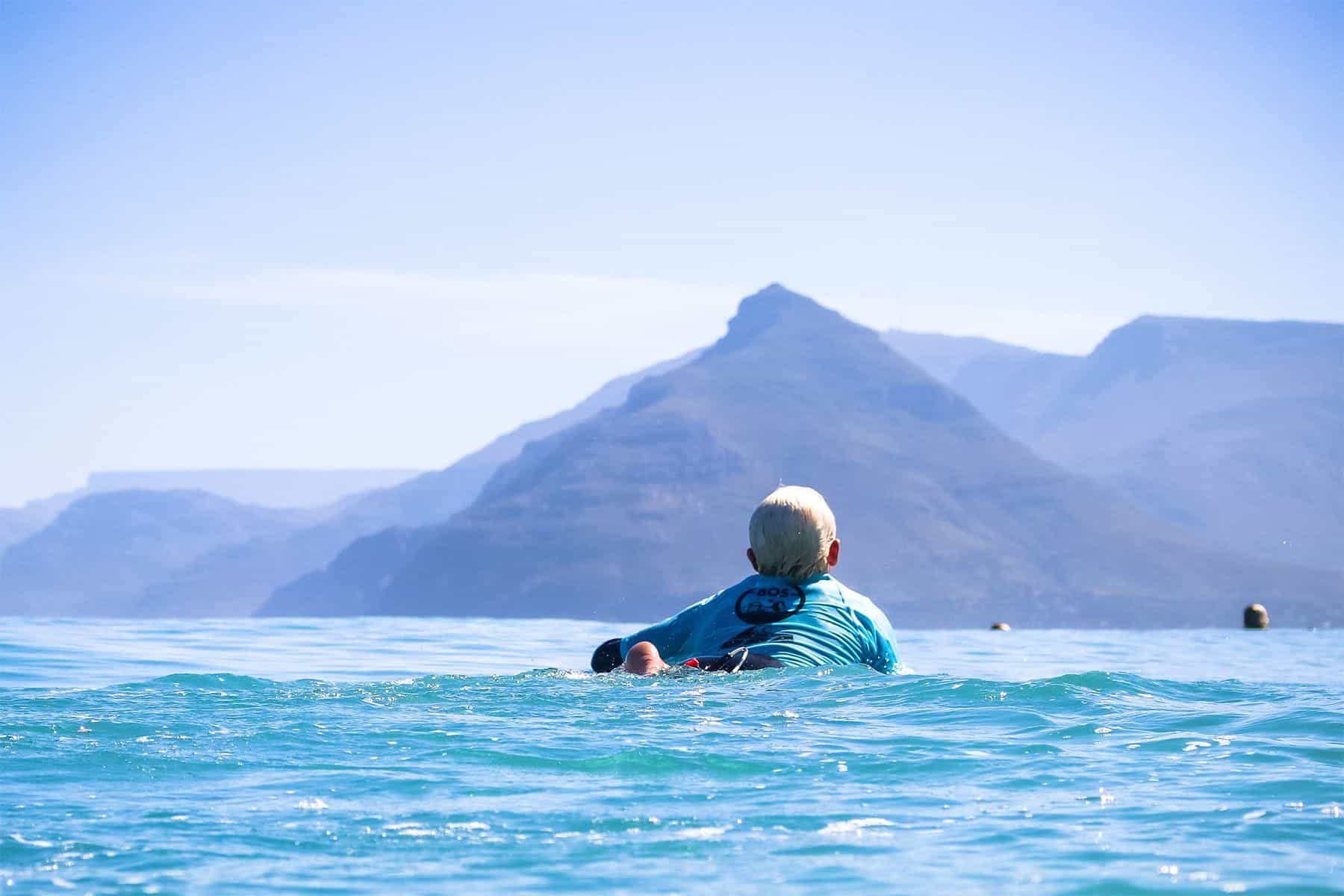
Alex Milne & Surfing South Africa
For a sport that was once associated with a somewhat anarchic modus operandi, “organised” surfing has developed into a more mainstream and often politicised activity. With this more structured framework, the role that governing bodies such as national federations play in the development of the sport and, to a large extent the culture of surfing, has also broadened.
I moved to Cape Town, South Africa, in February, to a houseshare in St James – a small beach-front-cum-hillside community 10 minutes walk from Muizenberg Beach. Among my housemates was Alex Milne, the [now former*] Operations Manager at Surfing South Africa, the national governing body responsible for all-things-surfing in South Africa from the organisation of national and international events through to the management of surf accreditations and the development of surf clubs and schools.
As an operations manager, Alex was primarily in charge of managing budgets and relationships with sponsors in order to keep national surf events – as well as the federation – running. In one of our post-work talks over tea, Alex shared some of his thoughts about the role of surfing federations, the commercialisation of surfing, and the surfing scene in South Africa.
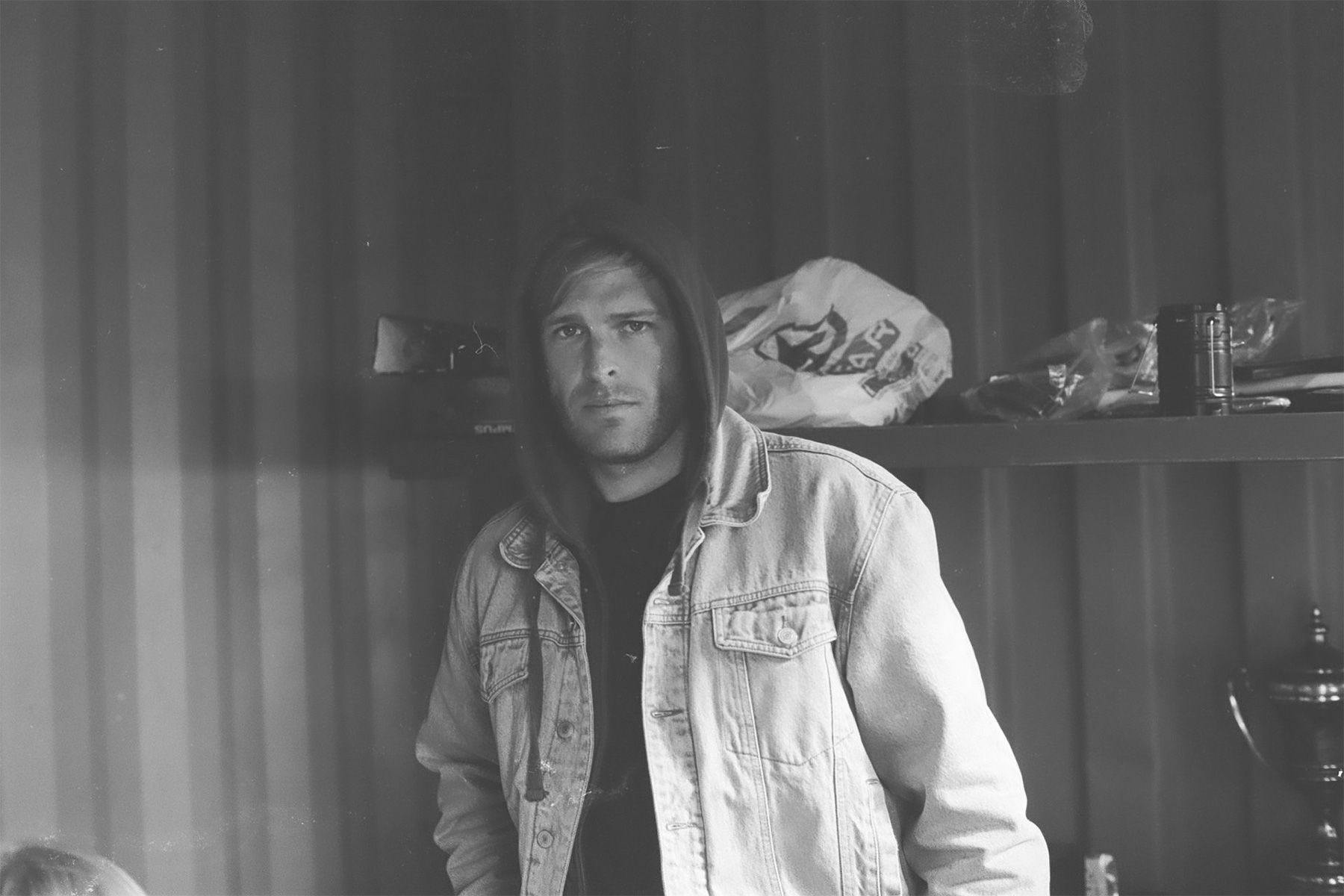
Can you start by talking about how you ended up working for Surfing South Africa?
When I left school I started judging surf contests – local trials at a junior level, mainly. Once you start doing more of it and SSA recognises you, you go and judge sanctioned events, and once you do the sanctioned events there is a rating; you kind of work your way up a log of judges and as you get better you judge bigger and more senior events such as the Junior Champs, SA Champs, events like that. So I was doing that for extra work at the same time as studying.
Then I joined my university’s surf club (in Port Elizabeth) and really enjoyed the social aspect of it. I started getting into the administration side of that and ended up on the committee, and then became chairman of the surf club at the varsity. Through that, I went to SA inter-varsities and head-judged that event – it was my first event head-judging post. I started head-judging a bit while I was finishing off my studies. By the time I was done with university I’d been head-judging and running the varsity surf club, and I was about to go overseas to work when I was asked to come for an interview in Cape Town and got offered this job at SSA.
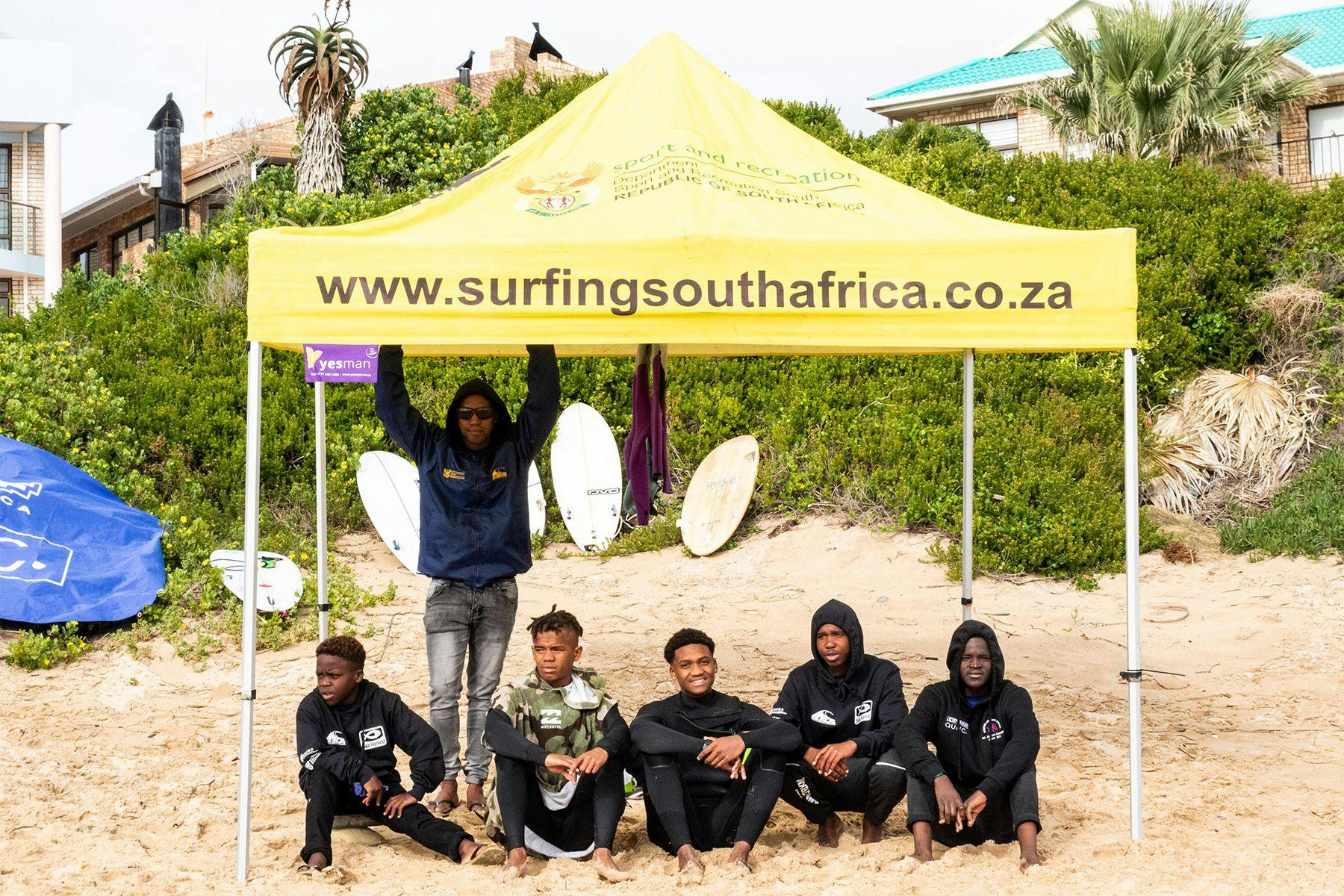
What were the most remarkable changes you witnessed/introduced during the time you worked there?
I personally think that I was hired because there’s a lot of older people in the industry and there was a growing generational gap between the original guys that started out, and started all the federations and the admin side of surfing [in South Africa] and the surfing population.
In terms of framework, personally, I tried to bring in a lot more new faces, which from the top-level opened up space for us to bring on new sponsors. There was more capacity at the federation and that, in turn, helped us bring in more money. Basically run a better operation: It sharpened up our contests, we were a lot more fluid, we brought in a lot of technology, we tried live streaming a lot, live scoring, etc. That was pretty much what I saw happen in the time while I was there.
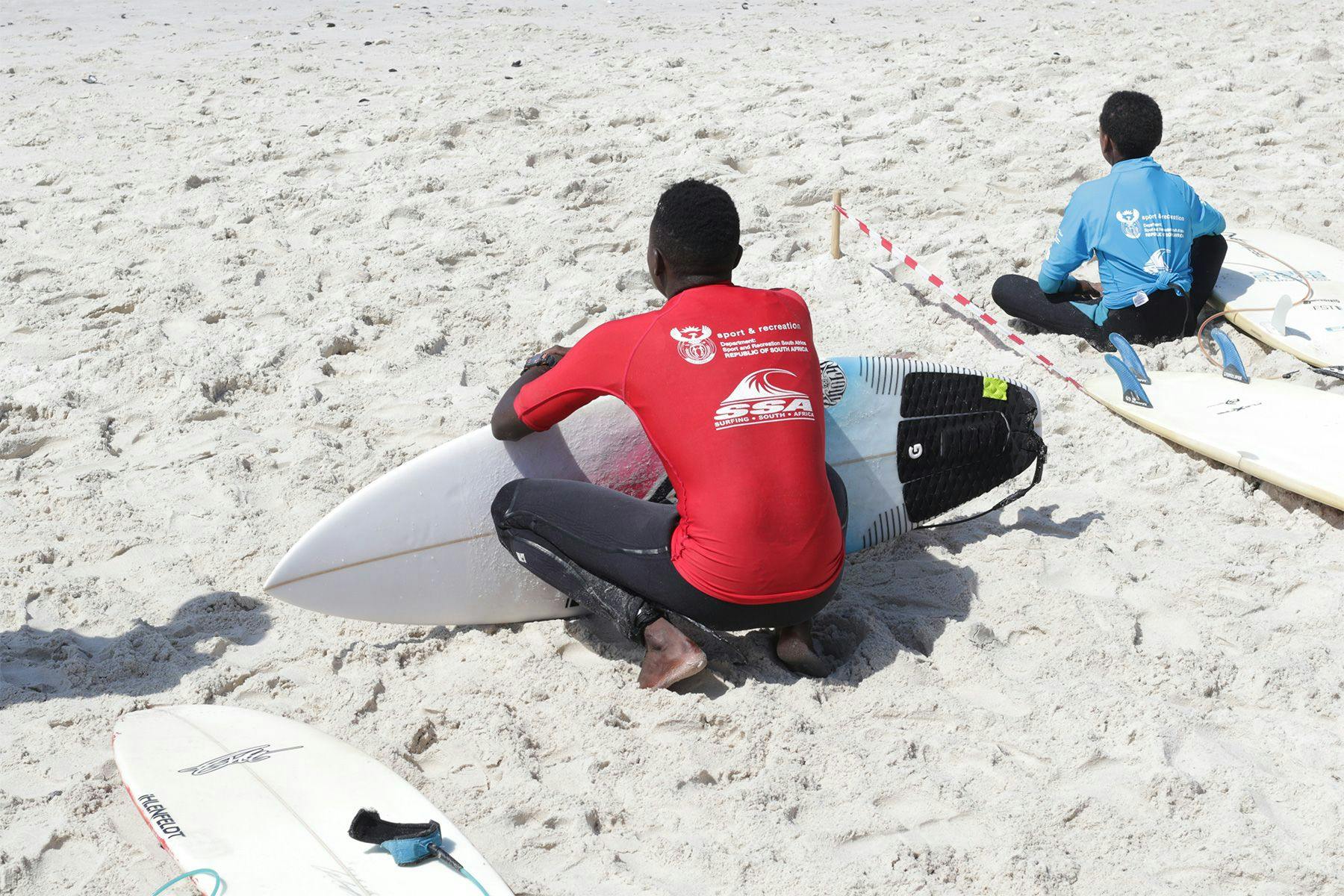
What were the biggest challenges in your work? And the main ones the federation faced?
I think the main challenges – which, ironically, was the reason why we existed – were people! Dealing with so many different personalities and trying to bring together all the different districts and provinces across a large country. It was really hard, with the small amount of staff that SSA has, to manage and monitor all districts, three provinces; and then they need to run their own governance but you kind of have to oversee it and can’t really step in because there’s a proper corporate structure. So that was, I found, the biggest challenge and probably the thing that stands in SSA’s way a lot.
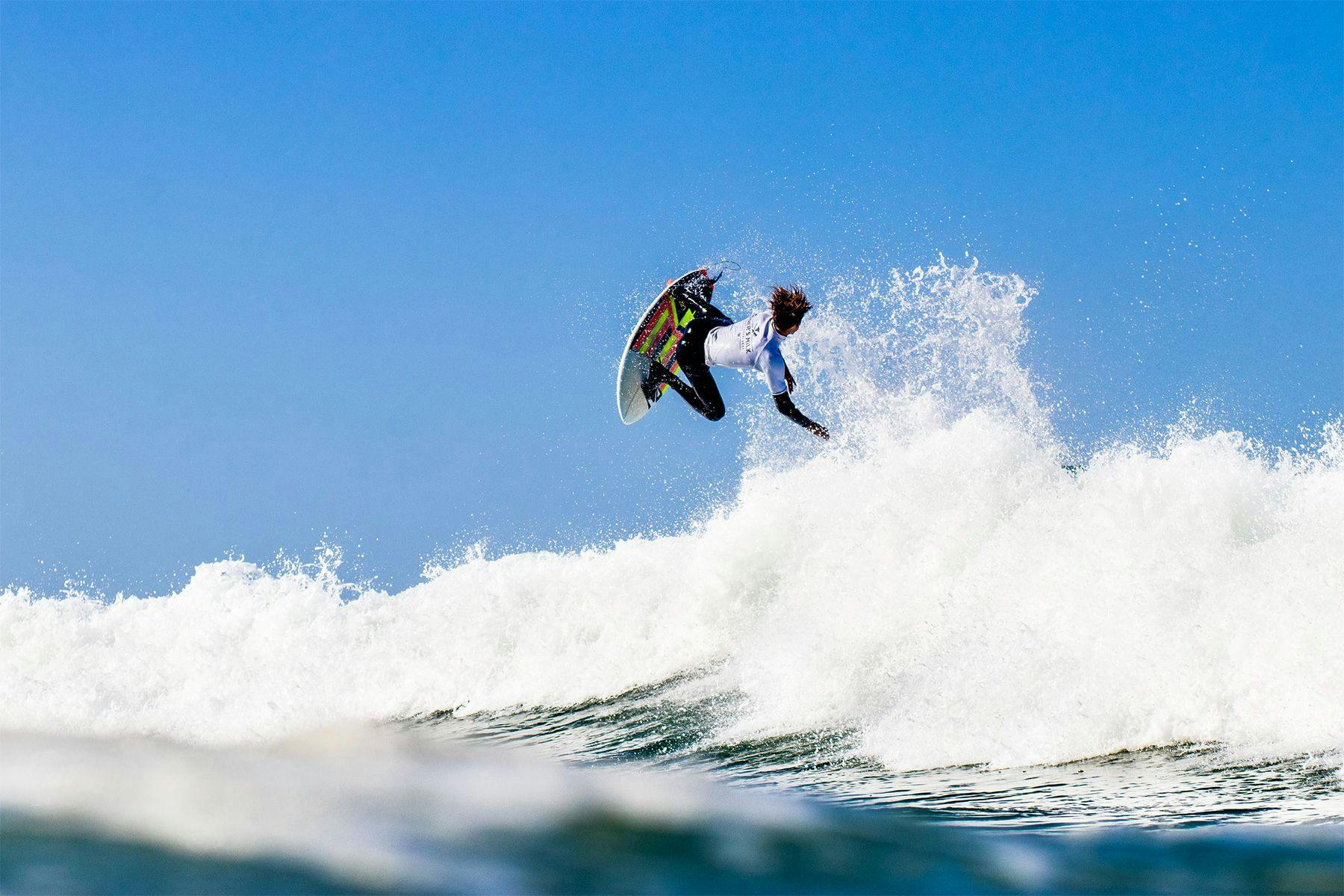
What is your opinion of the current surf scene in South Africa?
I think surfing in South Africa is in a really good space at the moment. I just think that, unfortunately, because the majority of the population doesn’t live on the coast, we have a very small amount of the populous to source from to become surfers. The field and the depth that we have is very small in comparison to other (more mainstream) sports. But, that being said, we’re doing really well at the moment – there’s a lot of money and a lot of interesting surfing.
I think that’s probably a direct impact of the global scene at the moment, because surfing has become more commercialised and mainstream internationally – which is not necessarily something I agree with – but because that is the case, it has brought a lot more corporate interests and a lot more corporate investments. Nowadays, companies can give donations in the form of sponsorships and they get tax write-offs, so I think through that money surfing in South Africa is doing a lot better than it has ever done before. But it’s also very fickle, because as soon as the money dries up or sponsors are shied off or the economy is not doing so well, there’s no real sustainable source of income to keep the contests going and to keep the level as high as it is at the moment.
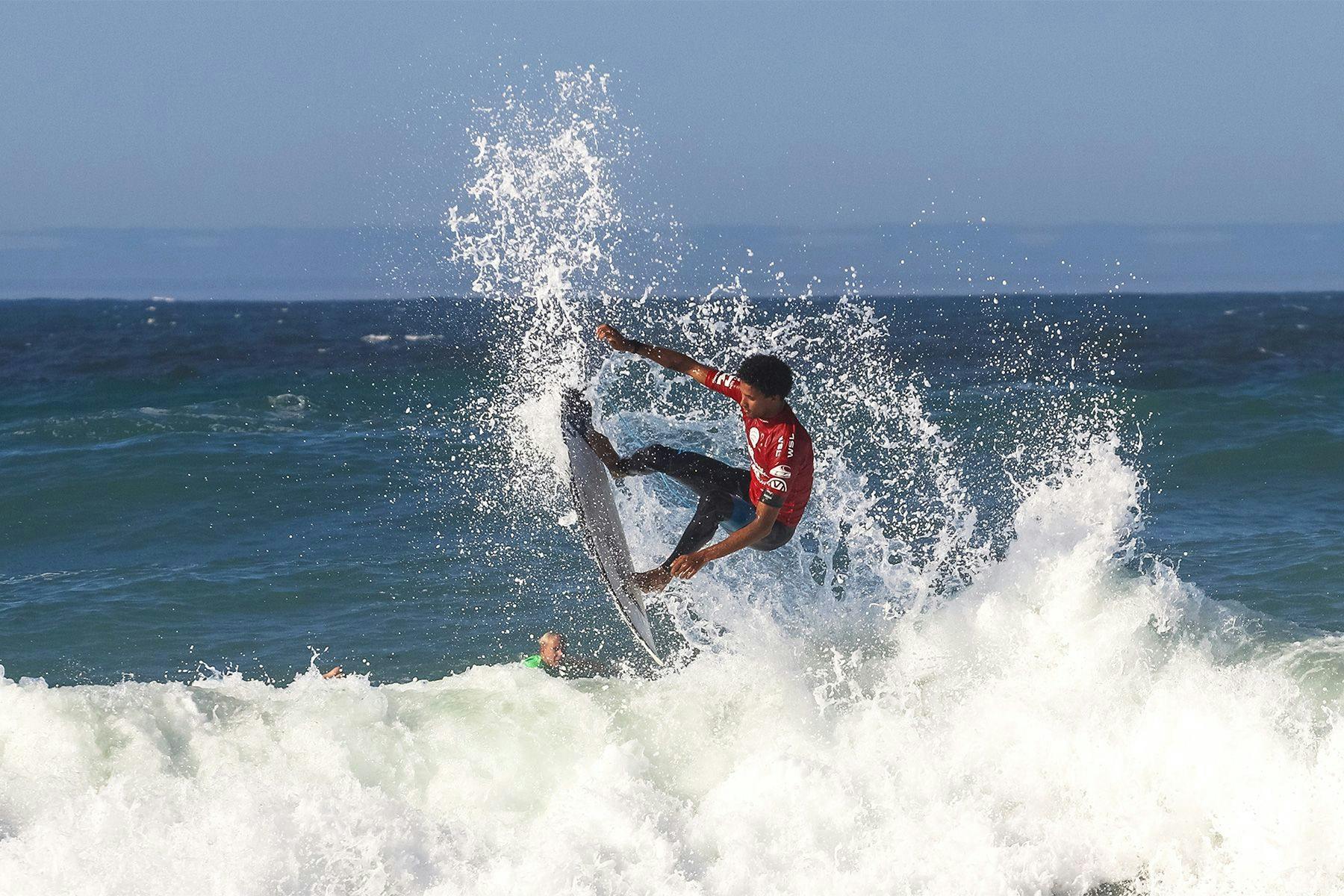
You had the chance to network with different federations from around the world. Can you talk about some of the key differences between the way things run in South Africa?
Well, I think that the main difference is obviously the size. As I said, we don’t have the pool to dip into that many of the other federations do. For instance, France is a major federation – they have a lot of resources, a lot of staff, they have a massive capacity, so they have got a lot more opportunity to develop the sport, and obviously a lot more government interest as well. Our government doesn’t necessarily recognise surfing as much as other nations do. Again, because of the population and how many people live near the coast and of those people how many have access to the ocean – it’s very low so it’s not very high on the agenda in terms of sports in South Africa.
In this sense I think that the Australians seem to do it right all the time – they have a really strong ethos towards surfing. It’s very much a lifestyle and a cultural sport and they seem to keep the performance levels very high at the same time, so they’ve got a really great balance, I think. In my personal opinion, I reckon Australia knows what they are doing in terms of running surfing, keeping it at its roots and keeping it as close to the ground as they can.
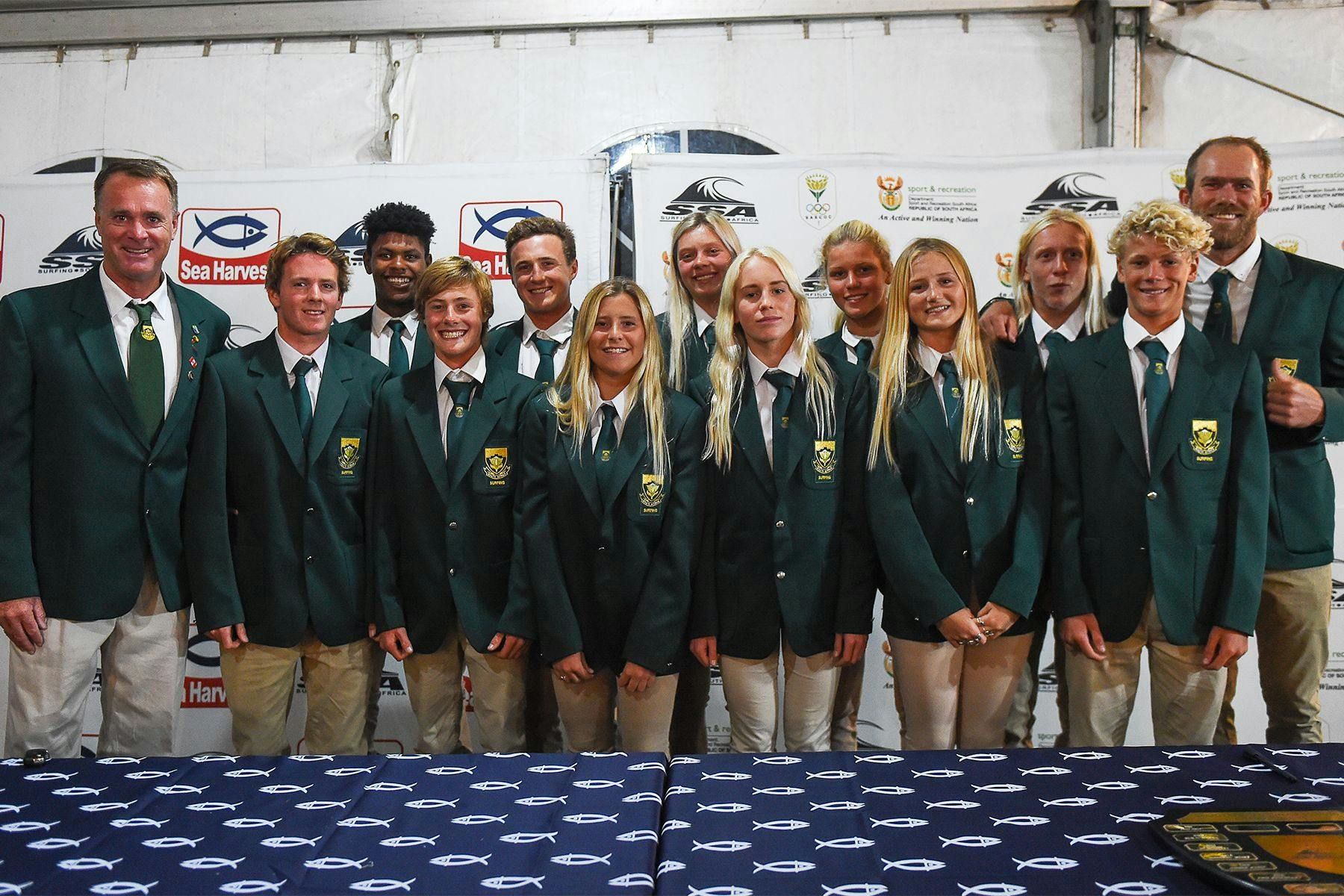
Along these same lines, with your first-hand experience in South Africa and the insights you’ve gathered from other federations, how do you think such organizations could optimise their influence in the world of surfing?
I always say that surfing is a small sport with big politics. Surfing could do away with a lot of the bureaucracy that is involved. I think that we are in a very interesting stage in surfing at the moment, with all the corporate interest involved. However, a lot of the people that are running surfing at the moment are on the fringe and, I don’t know how to say this, but they are the stalworts of surfing in general. They pioneer the sport, they pioneer the federations, they pioneer the structure in surfing and contest surfing; they are the old dogs and, as I said, there’s this generational gap in South Africa and I feel like there’s probably a gap internationally.
I seriously think that the federations should source from outside of surfers. Maybe this is not a very politically correct comment but, in the surf world, I feel like most people think that if you’re a good surfer it’s synonymous with understanding the industry which I don’t think is necessarily true. I think that yes, it does happen, from time to time, but a lot of the surfers that end up working in the surf industry aren’t necessarily the most educated people or able administrators, and I know that sounds awful, but a lot of them don’t necessarily understand business – but they do understand surfing. It’s a fine line, and I think the federations’ role should be to hire “educated” people, to step in for the sport you run as efficiently as possible and to allow the athletes to progress to the highest level possible, and whatever structural framework the federation has put in place, it needs to be the best possible solution.
Finally, I also think that the federations should consider exploiting the social side of surfing a bit more and I think that through this they could broaden their target market. Whereas at the moment the competitive side of surfing only attracts the upper 3% of surfers, the social aspect could attract an extra 10 to 15% maybe. And that would depend on how you structure those contests, because it’s very difficult for a lot of surfers having to surf against the likes of competitors on the Qualifying Series. We’d almost have to have competitions that are exclusively amateur and exclusively about a social environment, or even having different tiers akin to the Rugby 10s where they have different categories – one is “light beer”, another one is “full beer”, and one is “just for the beer” – and then you go there and you play rugby according to what level you are in. That competition does so well and the entry levels are always so high. So I think surfing could look at that structure a little bit more.
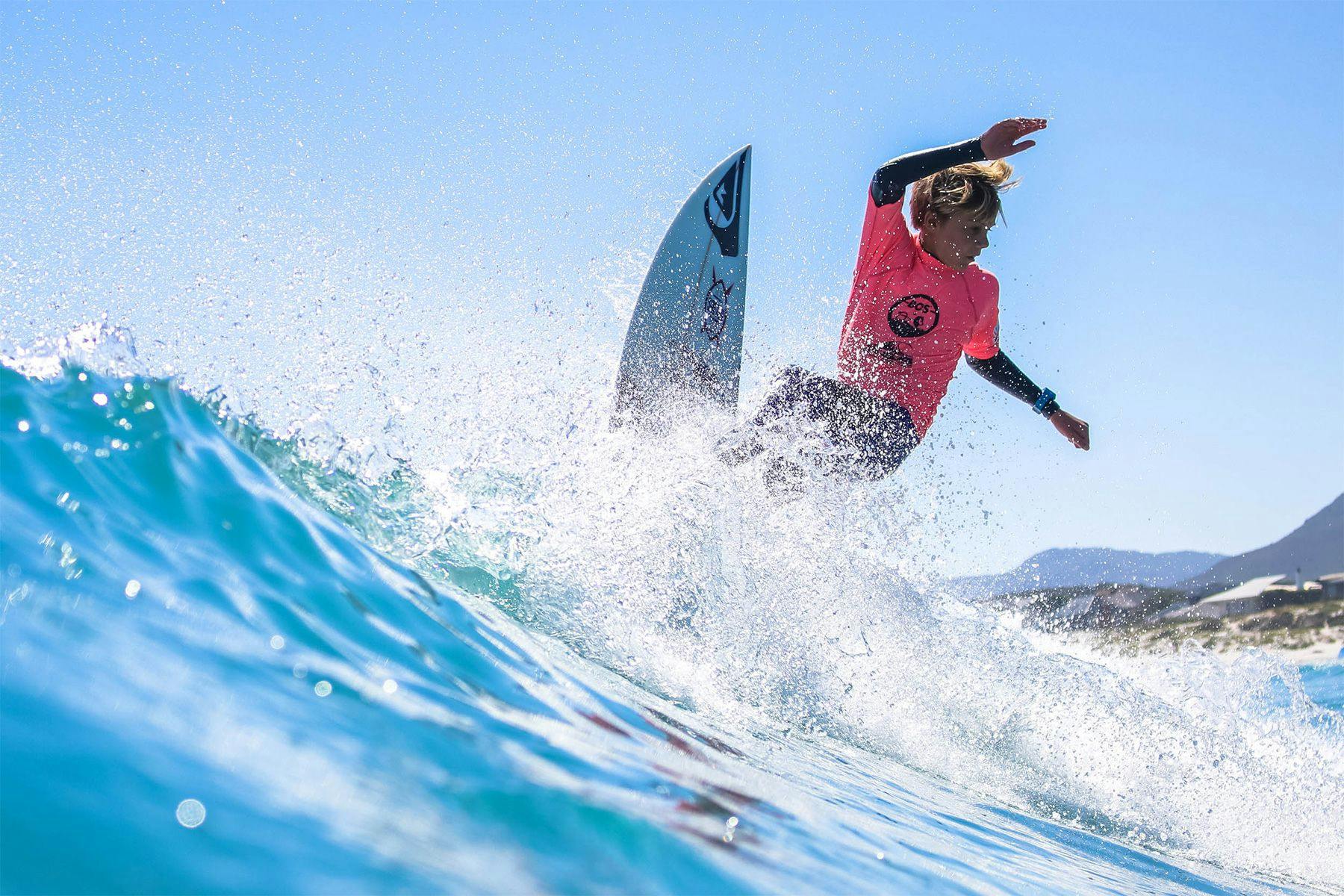
How has the work at the federation influenced you as a surfer?
It’s so weird, I actually had a conversation with someone about this the other day, someone who’s still very much in the industry. What I think happens when you work for a surfing federation is that you see a tiny microcosm of surfing, which is competitive surfing, and I feel that this more social side of competitive surfing is something that I’ll miss. As a surfer, I got to see the difference between what it is like and how quickly you can get caught up in the competitive surfing scene and the competitive surfing industry versus social surfing, and what a competition would mean to a social surfer or what would attract a social surfer to a competitive scene.
As a person, I learned to appreciate the ocean a lot more. I have learned to see the impact that surfers can have on the ocean, negatively or positively, depending on their choice. I think we use the ocean so much and it’s such a fine line between touching lightly and appreciating it for what it is and what it gives back to us versus exploiting the ocean. I’m just much more aware of that now that I’ve gone through and am no longer involved in the industry.
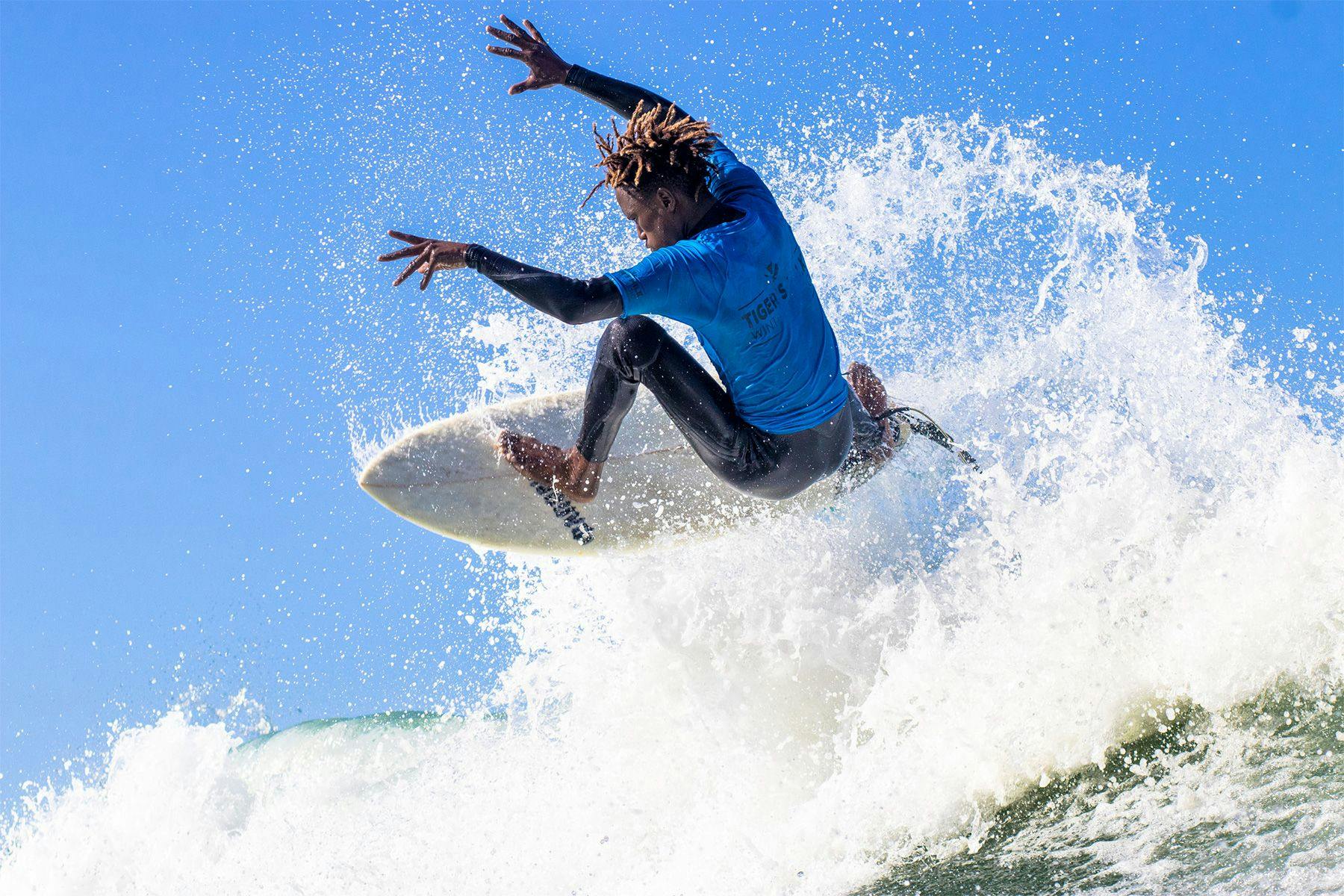
* Alex resigned from his 2-year post at SSA in March 2019
Our thanks to photographers Ian Thurtell, Erin De Swardt, Julie Aarts and Kodie McG for the use of their images.